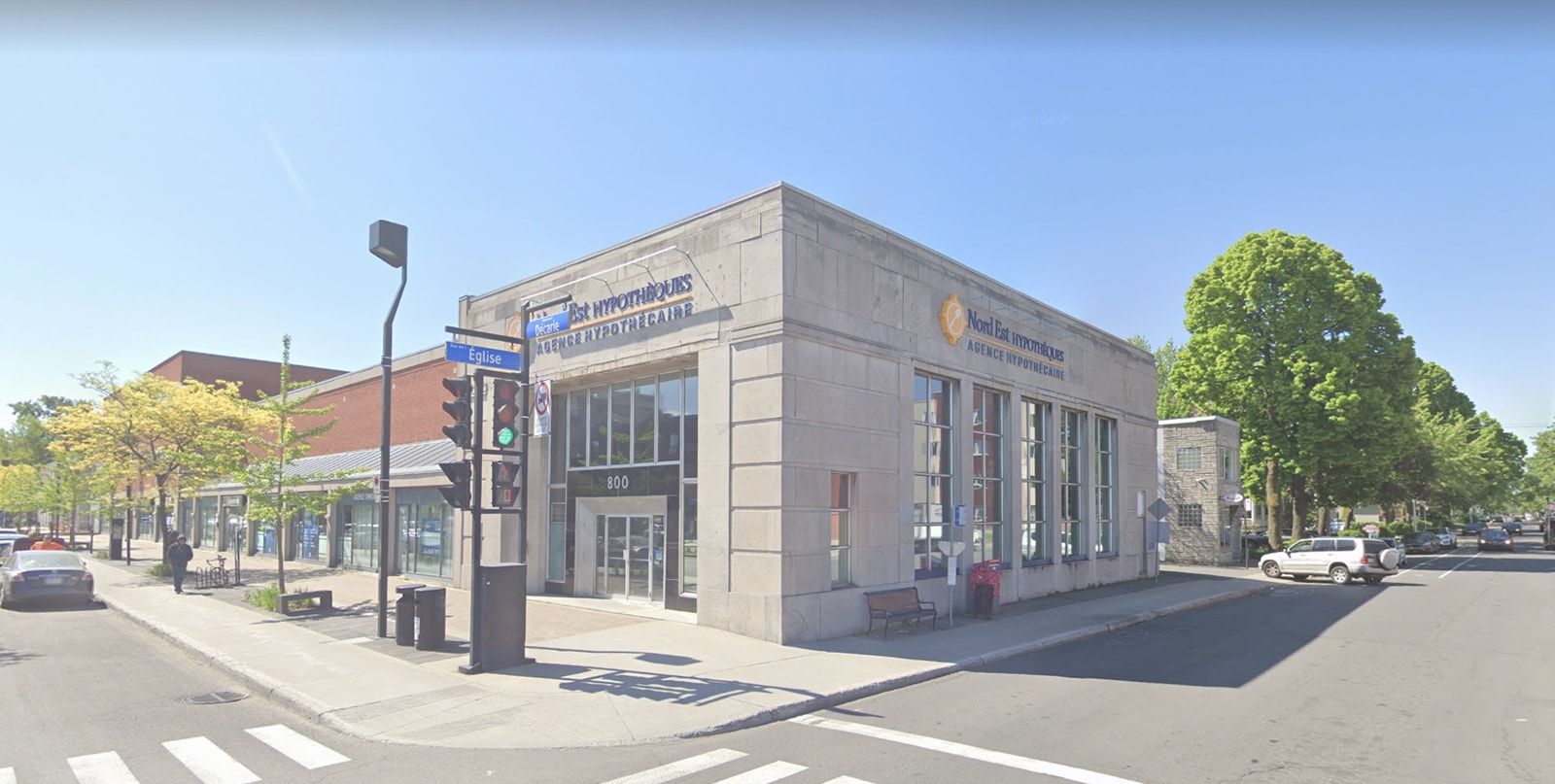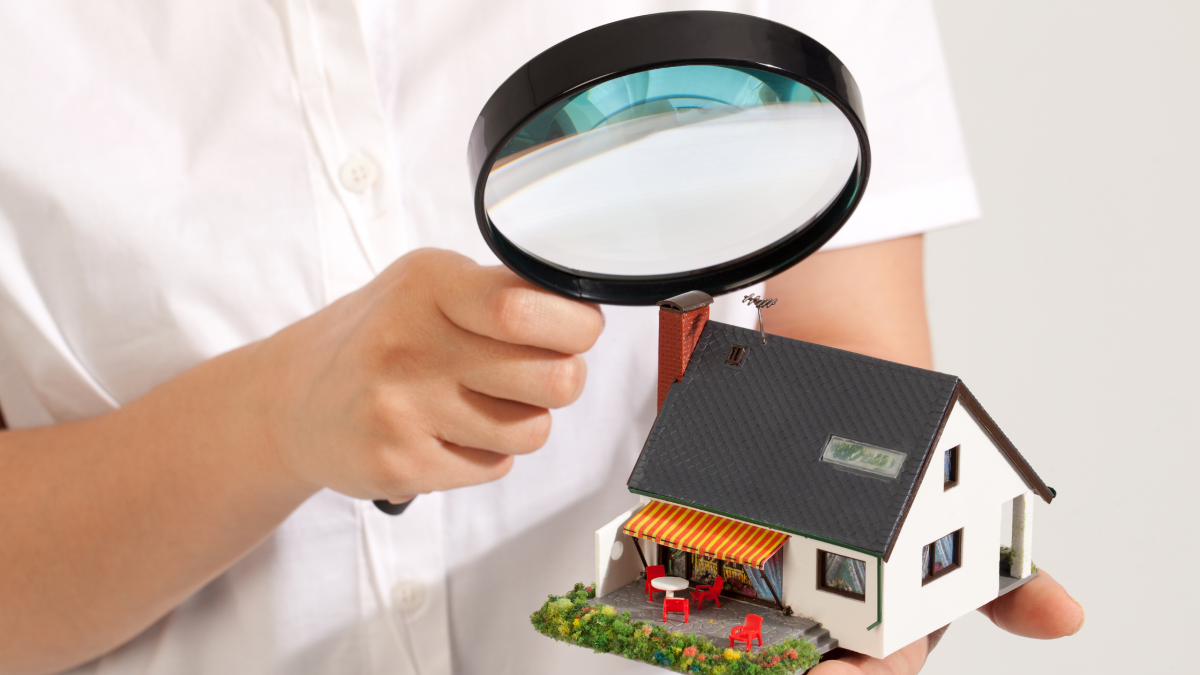In my journey of over the last 17 years in the mortgage and real estate industry in Montreal, I’ve witnessed firsthand the incredible shifts and nuances in property transactions. Among these, the role of a home inspection stands out as a cornerstone of a prudent real estate acquisition.
In this blog, we’ll explore the importance of home inspections in Quebec, the necessity of engaging qualified inspectors, and the perils of bypassing this critical step. Additionally, I’ll share insights on key aspects your inspector should scrutinize and the importance of ensuring they are properly accredited and insured.
Read our other blog as well: High Interest Rates and Their Impact on Canadian House Prices
A home inspection is an indispensable tool that acts as a shield, protecting you from the unseen and often costly issues that may lurk within a property. Whether it’s a charming century home in Plateau Mont-Royal or a sleek new condo in Griffintown, every property has its secrets. A comprehensive home inspection brings these to light, giving you a clear picture of what you’re investing in.
Knowledge is power, especially in real estate. A detailed home inspection report equips you with critical information, enabling you to make informed decisions. It can be a decisive factor in negotiating the price, requesting repairs, or even walking away from a potentially disastrous investment.
Choosing the Right Home Inspector
Accreditation and Expertise
In Quebec, the selection of a home inspector cannot be an afterthought. It’s vital to choose someone who is not just skilled but also accredited by recognized bodies such as the Quebec Association of Building Inspectors (AIBQ) or the Canadian Association of Home and Property Inspectors (CAHPI). These accreditations ensure the inspector adheres to a strict code of ethics and standards of practice.
Insurance – A Safety Net
Equally important is verifying that the inspector has valid professional liability insurance. This is your safety net, offering you recourse in the rare event that the inspector overlooks a significant defect.
The Perils of Skipping a Home Inspection
Unforeseen Expenses
Opting out of a home inspection is akin to walking on a tightrope without a safety net. Unidentified issues like structural damage, outdated electrical systems, or hidden mold can transform your dream home into a financial nightmare.
Legal and Safety Risks
Neglecting a home inspection also poses legal and safety risks. In Quebec’s ever-evolving real estate laws, being unaware of certain deficiencies could lead to legal complications. More importantly, undetected issues like faulty wiring or weak structural elements pose significant safety hazards.
Key Aspects Inspectors Should Focus On
Structural Integrity
The structural integrity of a property is paramount, especially in regions like Quebec with its diverse weather conditions. Home inspectors play a vital role in identifying signs of potential structural issues, examining the foundation, floors, walls, and ceilings for indications of weakness, water damage, or pest infestation. However, if any concerns are raised during this initial inspection, consulting a structural engineer is strongly recommended. A structural engineer can provide a more in-depth analysis, assessing the severity of any damage and offering solutions. Their specialized expertise is essential in ensuring the safety, durability, and longevity of the property, making their consultation an invaluable step when significant structural concerns are detected.
Roof and Exterior
The roof and exterior of a property are crucial for its protection against the elements. Home inspectors closely examine these areas for signs of wear or damage, assessing the condition of the roof, gutters, windows, and exterior walls. It’s also important to inquire about any existing warranties or guarantees on the roof, as these can provide insights into its lifespan and any potential future costs. Such guarantees offer peace of mind and financial protection, ensuring that the property’s exterior is not only in good condition at the time of purchase but also secured against unforeseen issues in the future. Knowing the status of these warranties can significantly influence maintenance plans and budgeting for potential repairs or replacements.
Plumbing and Electrical Systems
In assessing a home’s plumbing and electrical systems, inspectors look for obvious issues like outdated fixtures, improper wiring, and signs of leaks. Given the complexity and safety implications, if deficiencies are noted, it’s highly advisable to consult an electrician, especially to identify and remedy specific concerns like aluminum wiring, which can pose significant safety risks. An electrician’s expertise is crucial in ensuring these critical systems are up to code, functioning safely, and efficiently.
Heating, Ventilation, and Air Conditioning (HVAC)
The HVAC system of a property is a critical component, especially considering Quebec’s extreme climate. An efficient and well-maintained HVAC system is not only essential for comfort but also for the energy efficiency and overall value of the property.
Home inspectors evaluate the basic elements of the HVAC system. They check the age and condition of the furnace, air conditioning units, ductwork, thermostats, and vents. Inspectors also look for obvious signs of malfunction, such as unusual noises, smells, or visible damage to the system. This initial examination is crucial as it can reveal signs of neglect, outdated technology, or substandard repairs.
However, it’s important to understand the limitations of a home inspector’s evaluation of the HVAC system. Home inspectors are generalists, and their assessment is typically limited to a visual inspection and basic operation tests. They might not be equipped to conduct in-depth evaluations of complex HVAC components or diagnose subtle issues that require specialized knowledge.
Therefore, if a home inspector identifies potential issues or if the system is old or unusually complex, it’s highly advisable to bring in an HVAC specialist. An HVAC specialist can provide a more detailed examination, including assessing the efficiency of the system, checking for leaks, evaluating air quality, and ensuring that the system meets current environmental and safety standards.
Insulation and Ventilation
In Quebec, where temperatures can fluctuate dramatically, proper insulation and ventilation are not just amenities but necessities. A home inspector’s evaluation of these aspects is crucial in assessing a property’s energy efficiency and living comfort. Inspectors typically examine the type, condition, and adequacy of insulation in walls, attics, and basements. They also assess ventilation systems for proper air flow, which is vital for managing moisture levels and preventing problems like mold growth and ice dams in colder months. This evaluation helps in understanding the home’s ability to maintain a consistent, comfortable temperature, ensuring lower energy costs and a healthier living environment. Moreover, well-insulated and ventilated homes contribute to the longevity of the structure by reducing the risk of damage caused by condensation and temperature extremes.
Interior Elements
When inspecting the interior elements of a home, inspectors focus on what is visible and accessible, scrutinizing floors, walls, ceilings, windows, and doors for signs of damage or wear. They also check the functionality of appliances and fixtures. However, it’s crucial to note that their examination is non-invasive. Inspectors cannot perform any destructive testing, such as opening walls, which means potential issues hidden behind surfaces remain undetected. This limitation underscores the importance of understanding that some aspects of a home’s condition may only be revealed through more invasive investigations or over time.
A home inspection is not merely a procedural step in buying a property in Quebec; it is a vital process that safeguards your investment and peace of mind. As a seasoned real estate professional, I cannot stress enough the importance of not just getting a home inspection but ensuring it is conducted by a qualified, accredited, and insured professional. This diligence can save you from unforeseen financial, legal, and safety pitfalls and guide you in making a sound real estate investment. Remember, in the world of real estate, what you don’t know can indeed hurt you. So, always prioritize a home inspection in your property acquisition journey.



